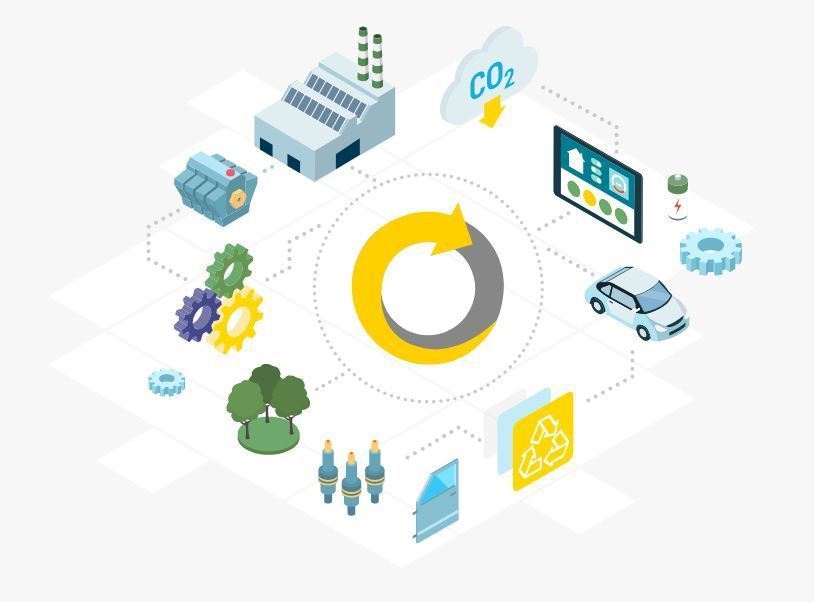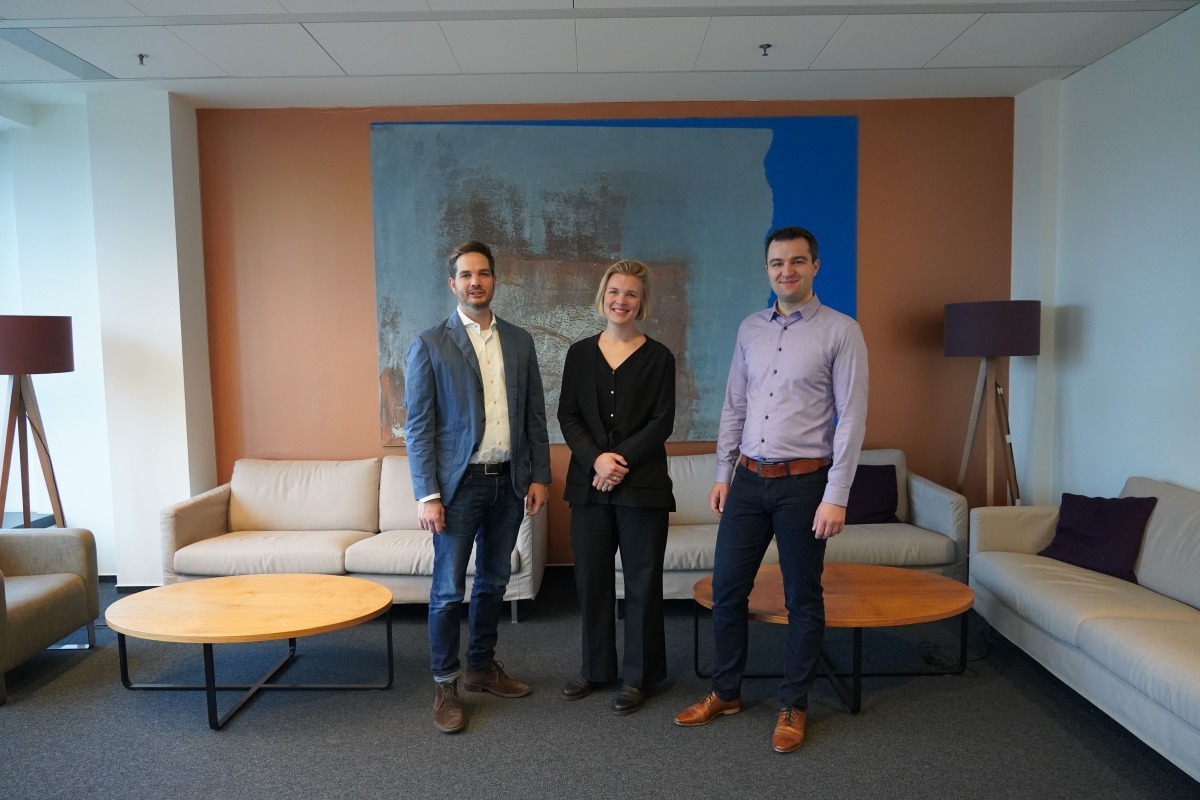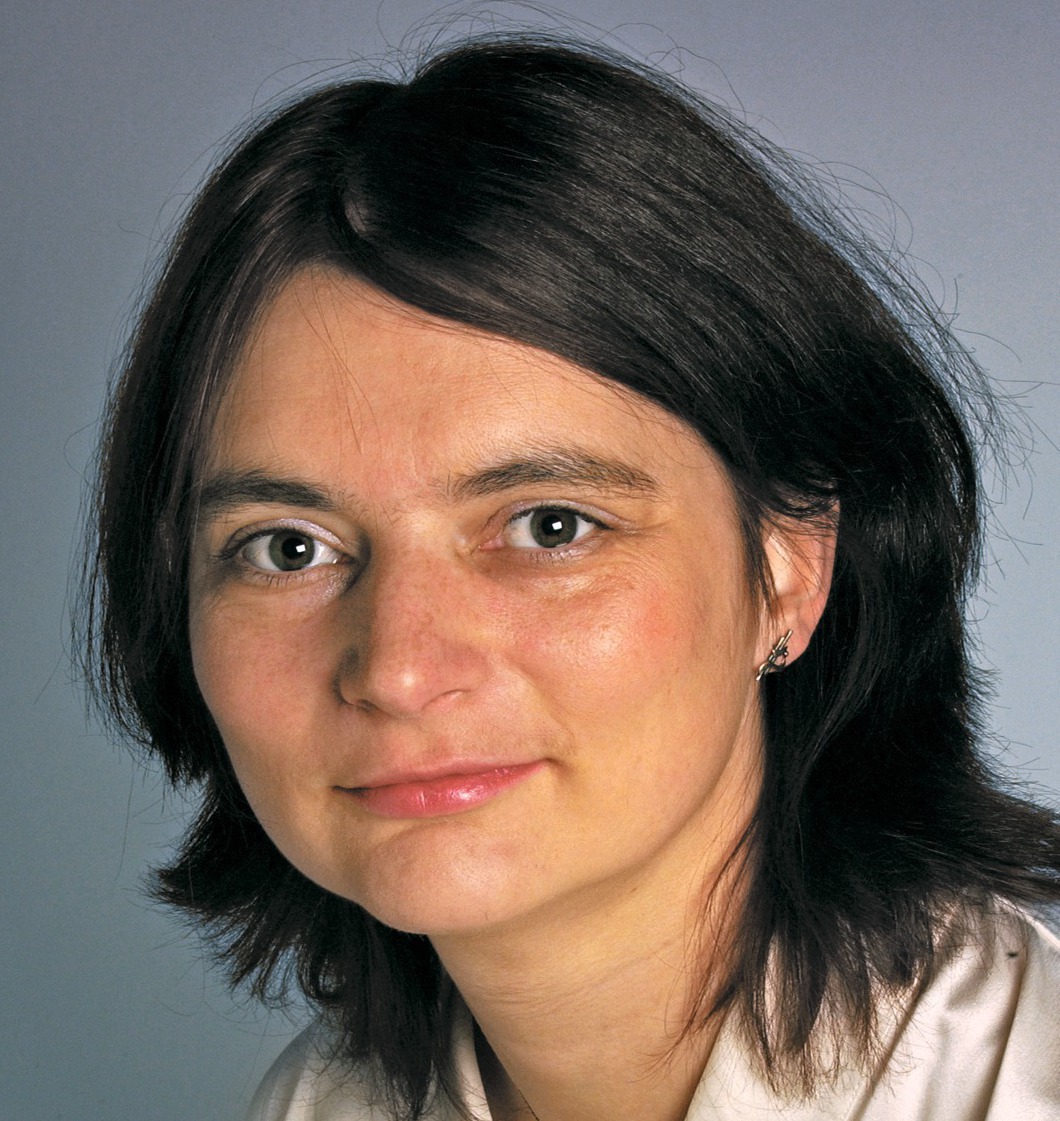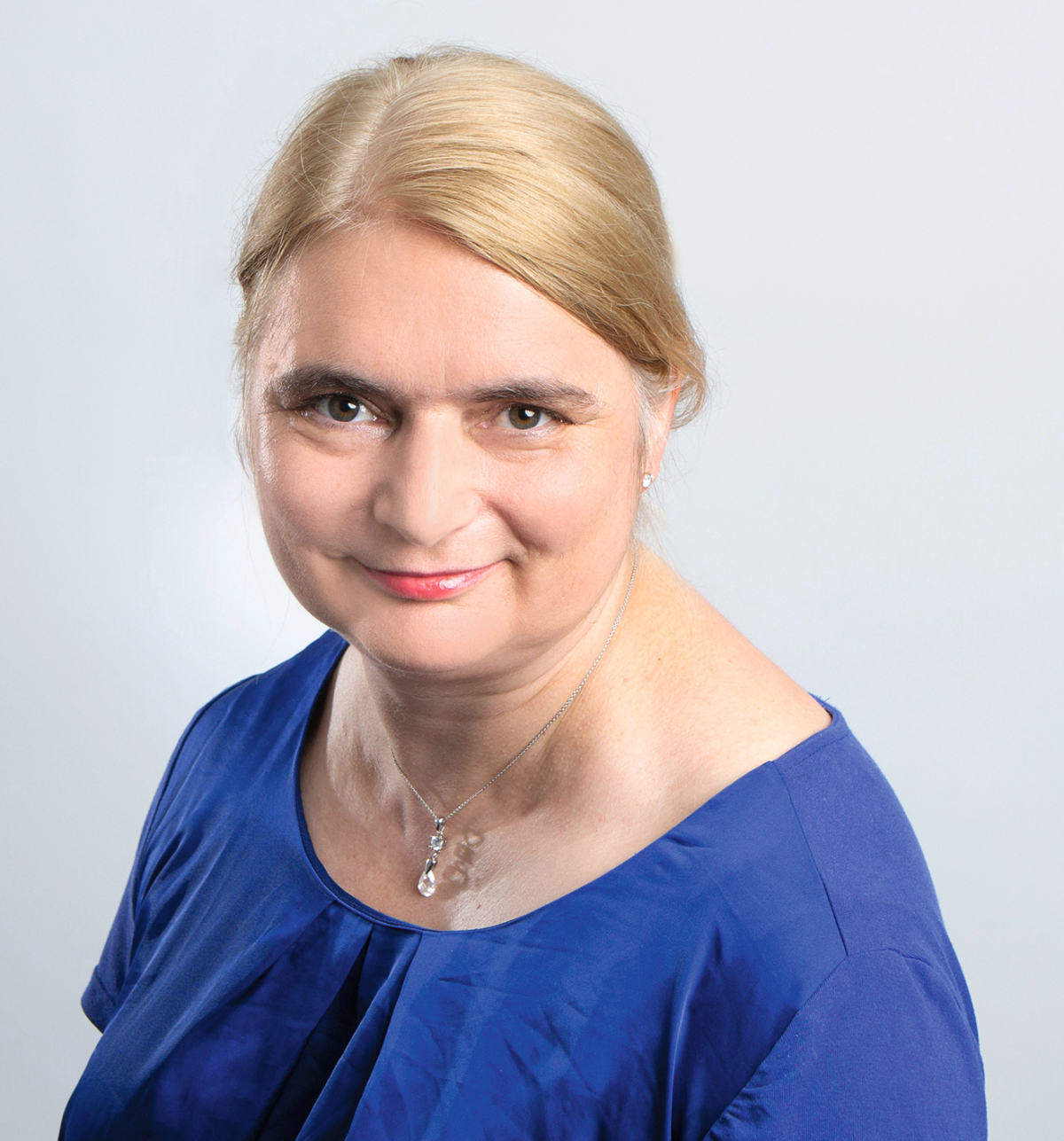Circular Economy as a goal
15.02.2023Rethinking Circular Economy through a European-wide logistics platform for the return and reprocessing of automotive components – Encory is working on this vision together with its partners Kühne Logistics University (KLU) and Do-Tank Circularity e.V. The revolutionary goal: to increase sustainability while reducing costs in the aftersales sector at the same time through an industry-wide increase in the reprocessing of used automotive components.
 Creating and closing product cycles
Creating and closing product cycles
© Encory
The approach sounds simple: remanufacturing, recycling and buying up obsolete goods will make the spare parts-intensive automotive market more sustainable – thanks to remanufacturing logistics, the parts used are on a par with new parts in terms of quality, but are more cost-effective in the process and save valuable resources. As part of the Ce:VersA (Circular Reverse Supply Chains in Automotives) project, the three partners are planning a European alliance to establish such reverse logistics in aftersales logistics between car manufacturers (OEMs), component manufacturers (OESs) and logistics companies. The resources saved combined with created economies of scale and the shared use of a platform increase the efficiency and sustainability of an entire industry. "Our vision is to standardise the Circular Economy in the automotive industry. If all process participants use a unified platform, the cost- and CO2-efficient supply chain can soon become reality," Marko Rehmböck, Managing Director at Encory, explains.
Focus on combustion engines and electric vehicles
At the moment, the company's activities are focused in particular on the aspect of reprocessing end-of-life parts of conventional combustion vehicles as part of reverse logistics. The existing infrastructure already enables economies of scale in this sector, which have a cost-reducing effect and a positive impact on the sustainability of this sector. The partners are also working on a solution for the area of electric mobility. "Reverse logistics in the field of electromobility is certainly still in its infancy. But thanks to our partnership, we are already succeeding in combining the aspects of science, business and networking in a future-oriented way," the three project partners agree.
Joint workshop as the next step
With the planning of a kick-off workshop on the KLU campus, the project partners are taking the next step in their vision. In spring 2023, in addition to the three initiators themselves, various companies from the entire automobile value chain, as well as representatives from science and politics, will take part in workshops to realise the development of the planned European-wide reverse logistics platform as a Circular Economy.
 F.l.t.r.: Prof. Dr Johannes Meuer (Associate Professor for Sustainability Strategy and Operations and Director of KLU), Paula Petersen (founding member of Circularity) and Markus Lehner (Head of Project Management at Encory GmbH)
F.l.t.r.: Prof. Dr Johannes Meuer (Associate Professor for Sustainability Strategy and Operations and Director of KLU), Paula Petersen (founding member of Circularity) and Markus Lehner (Head of Project Management at Encory GmbH)
© Encory
About the project partners
Since its founding in 2016, Encory has been able to build up first-hand competencies and practical expertise through its close cooperation with BMW as a German premium manufacturer on the one hand and Interzero as a pioneer in the field of waste disposal and recycling management on the other. Industry-specific know-how and the establishment of efficient logistics processes offer a promising basis for the successful expansion of the company's activities on a European level. "Our goal is to think products ahead, i.e. to anticipate the optimal further utilisation over a second life cycle already during their production. In this way, we can move away from our linear economic processes and make circular business models the new quality feature of Germany as a business location. The Ce:VersA project is a milestone in this respect," Hanno Großeschmidt, Managing Director at Encory, sums up his ambitions.
KLU is supporting the initiative as a renowned research institute specialised in logistics and supports the activities on a scientific level through its Center for Sustainable Logisics and Supply Chains (CLCS). As a neutral partner, the university presents its expertise in research and events. "We are also very interested in making our business location more sustainable. That is why we are making our scientific contribution to the Ce:VersA project," comments Prof. Dr Johannes Meuer.
Circularity e.V. supports the project as a network partner and actively shapes the Circular Economy through its own expertise. By linking experts from all fields, the Do-Tank offers a subject-specific platform for networking political, economic and scientific actors and creates reach beyond the previous niche: "We promote the development and implementation of circular economy approaches through partnerships and joint projects. This also includes the development of professional content and contributions to the development of the circular economy in Germany," adds Dr Paul Wöbkenberg from Circularity e.V.



